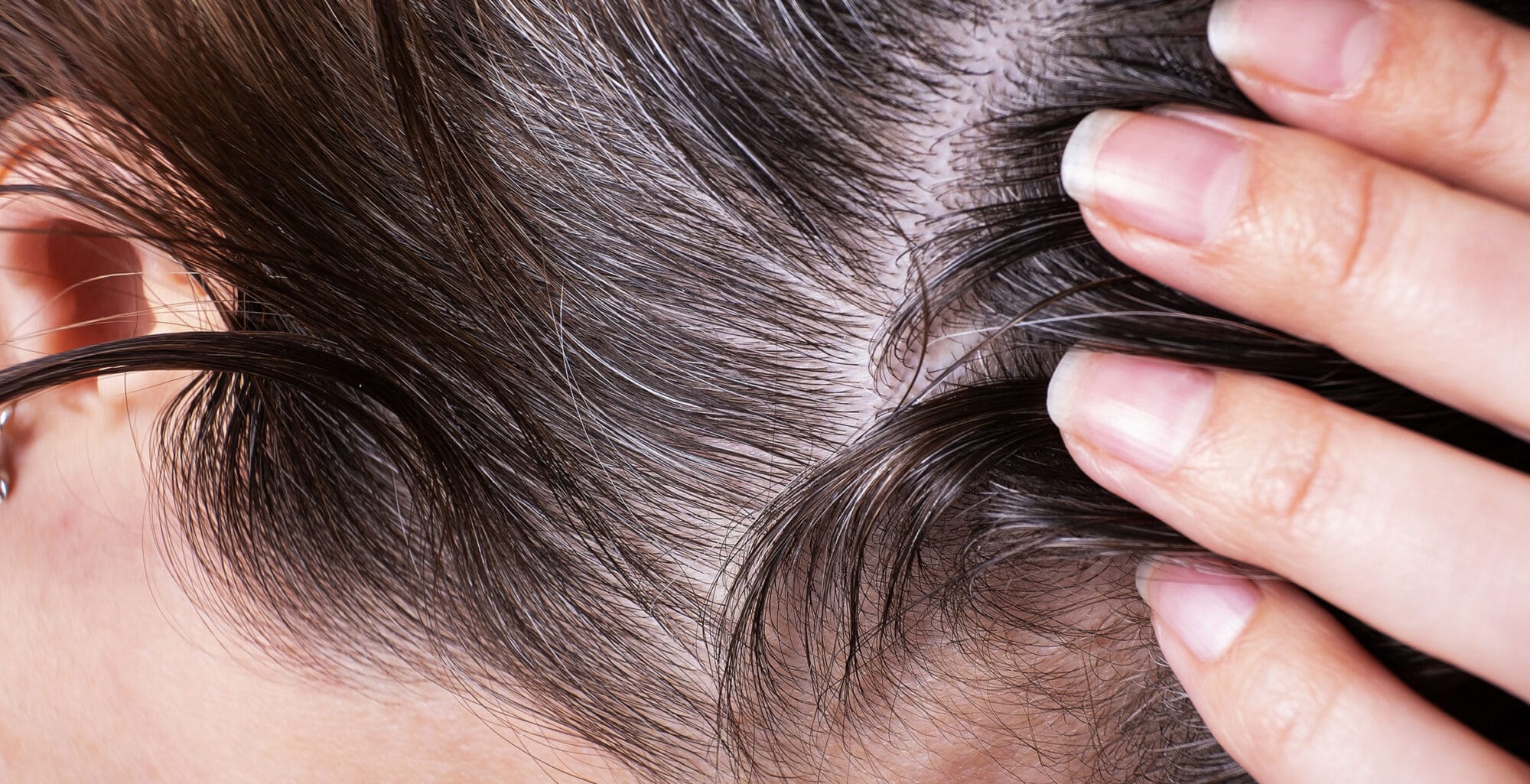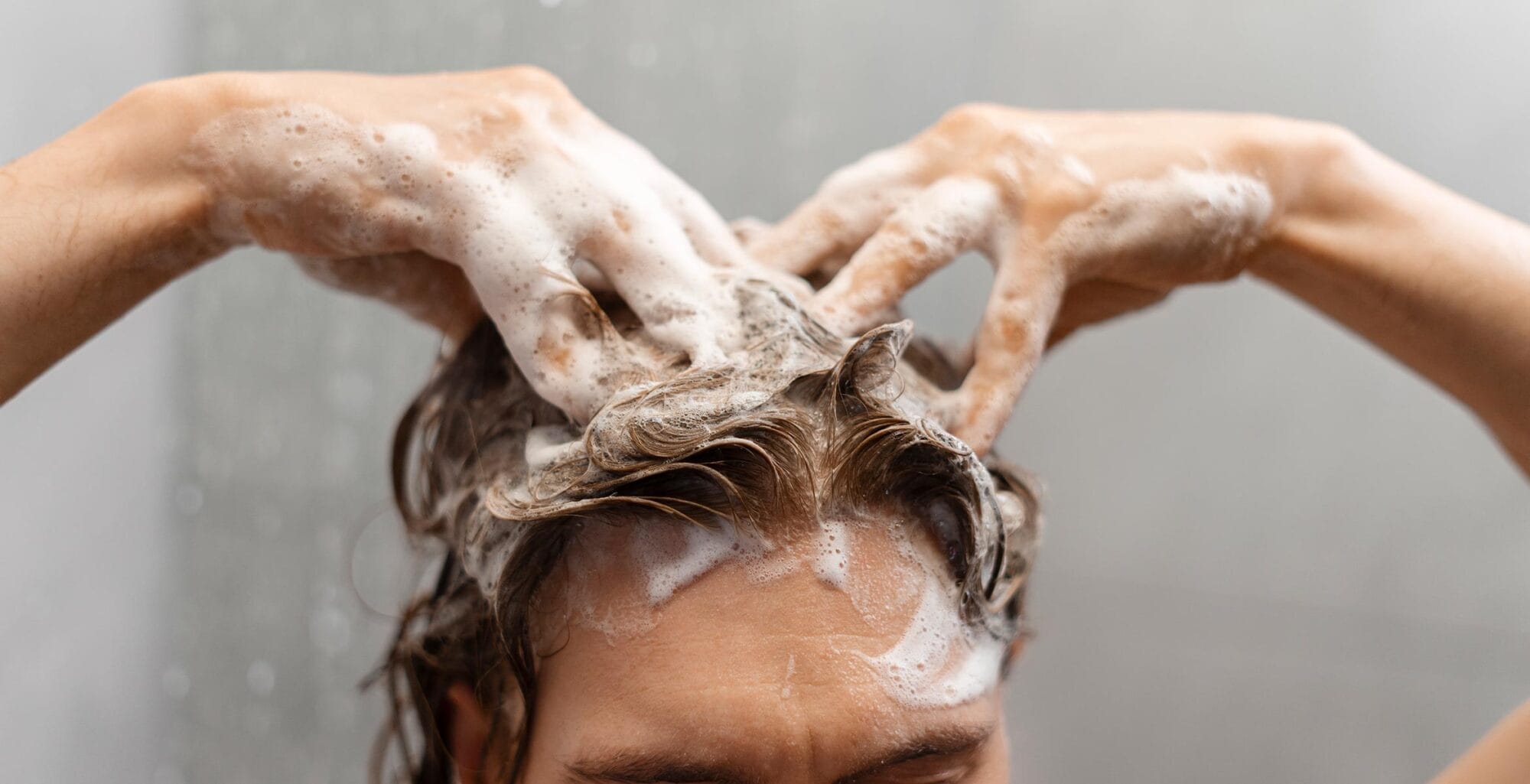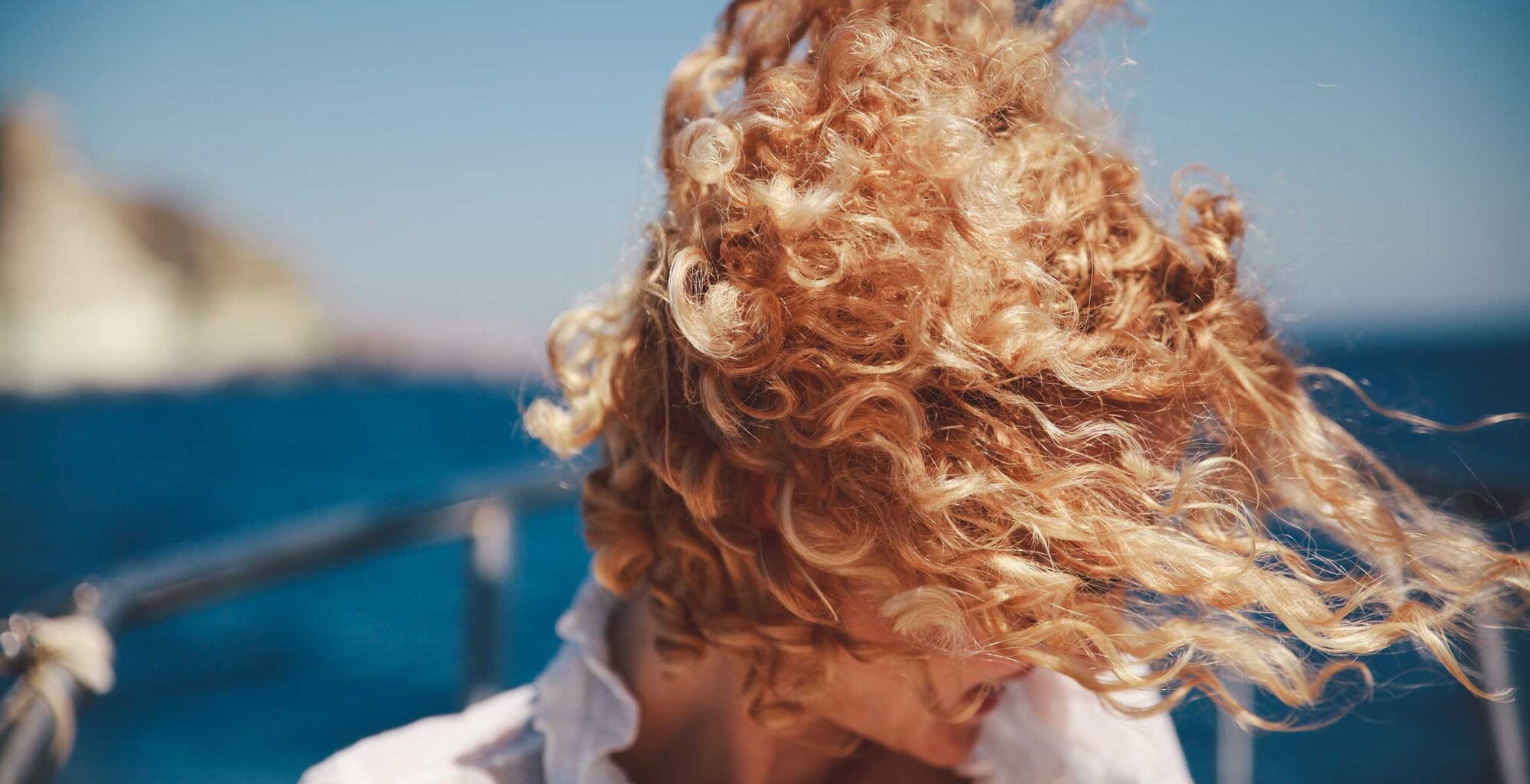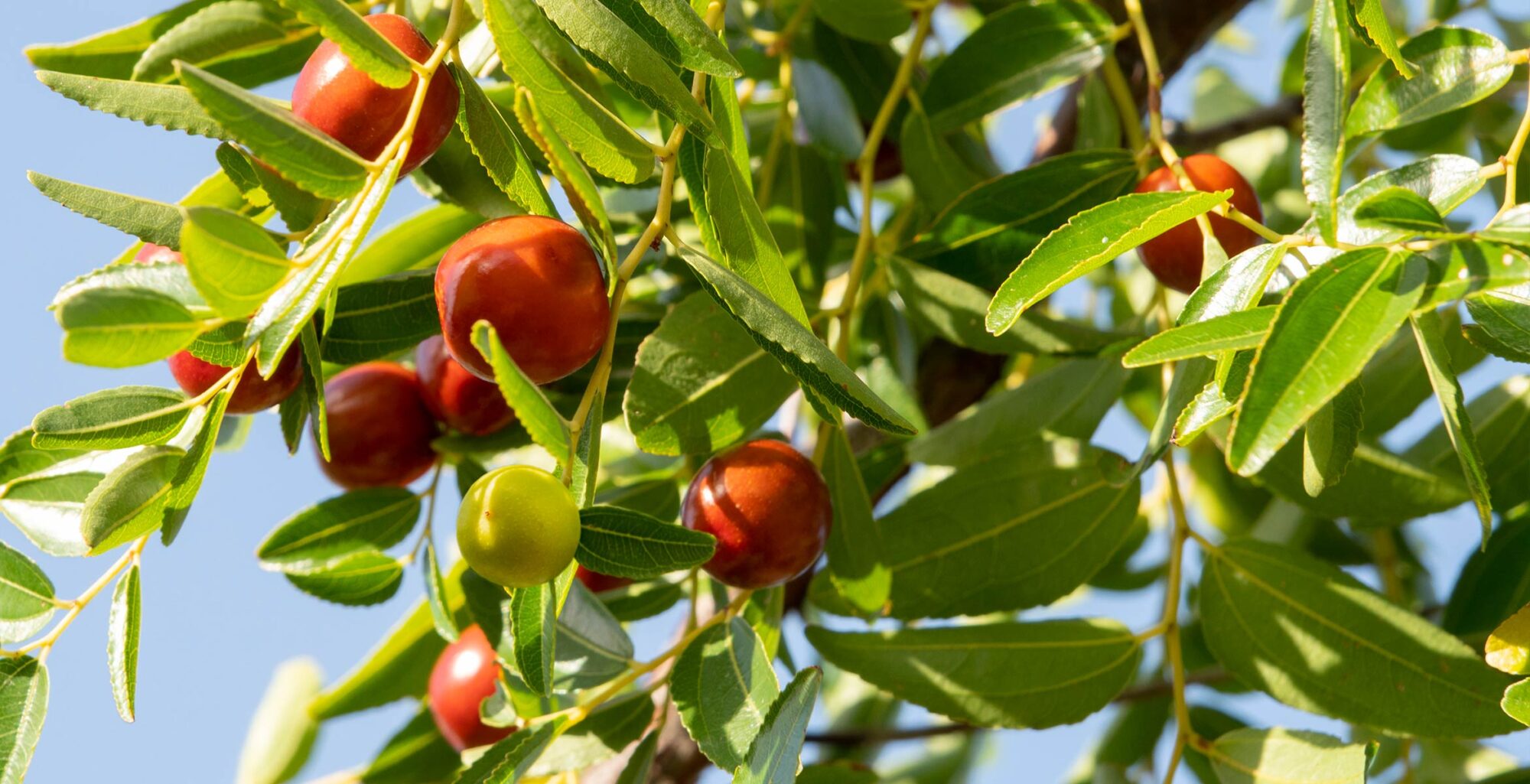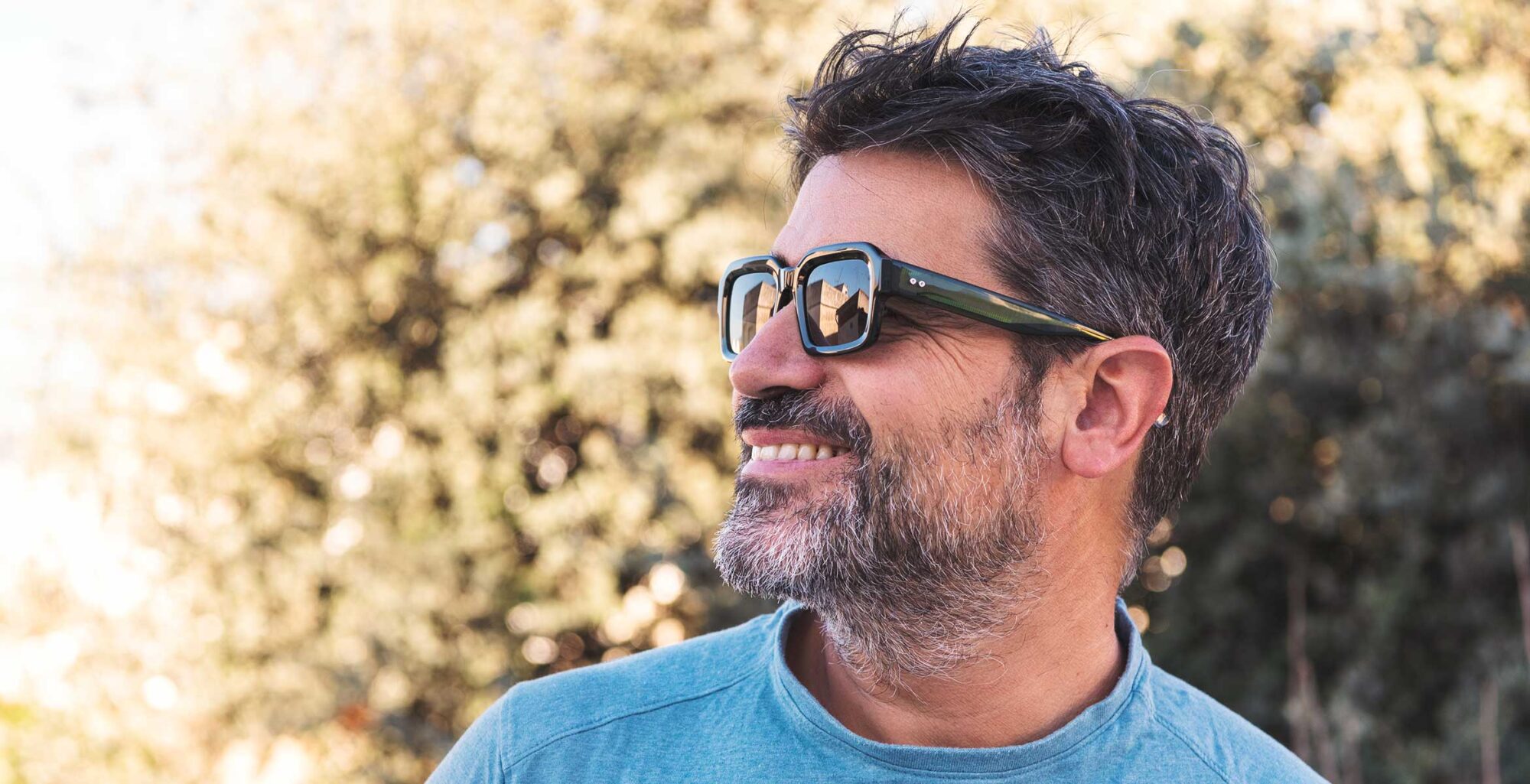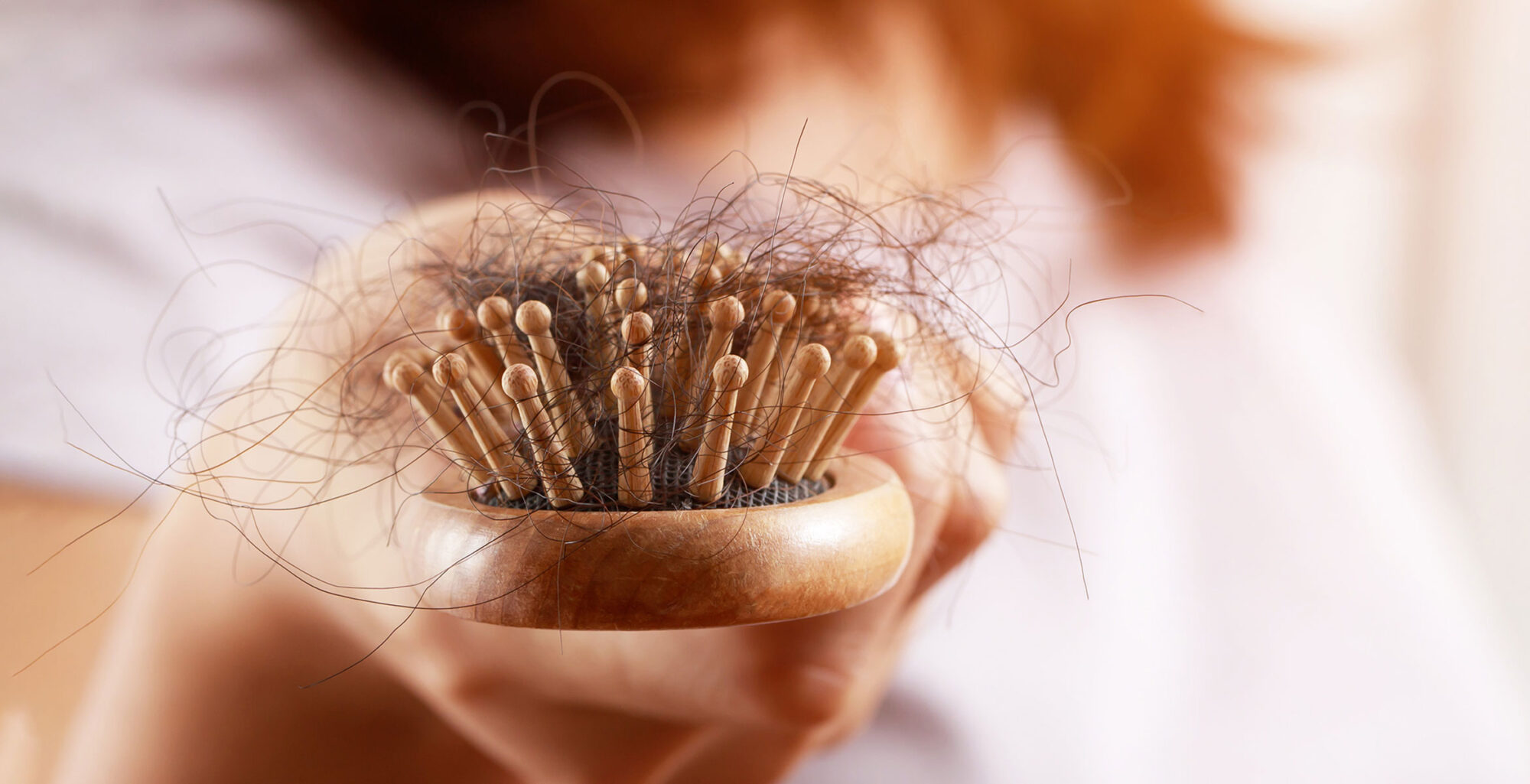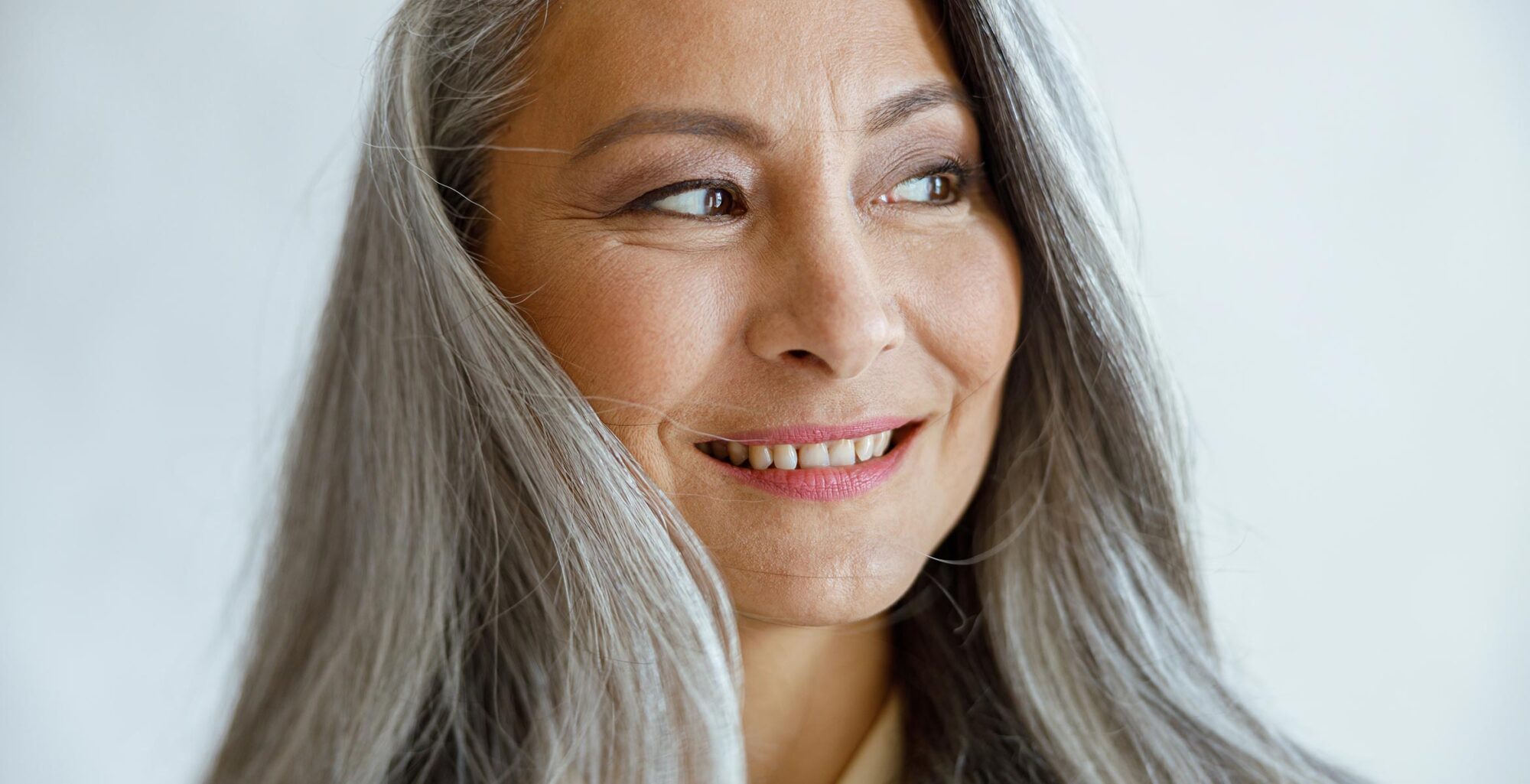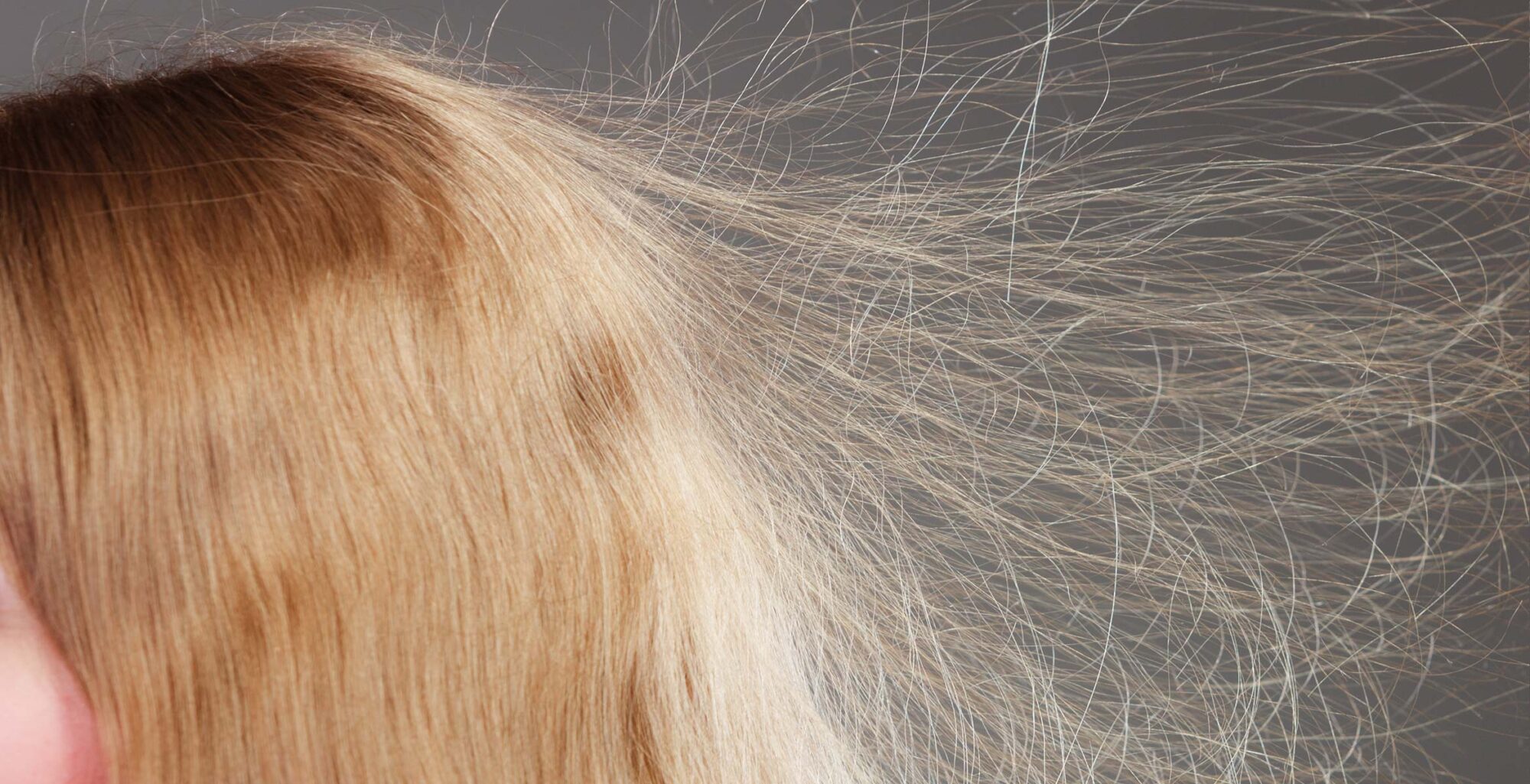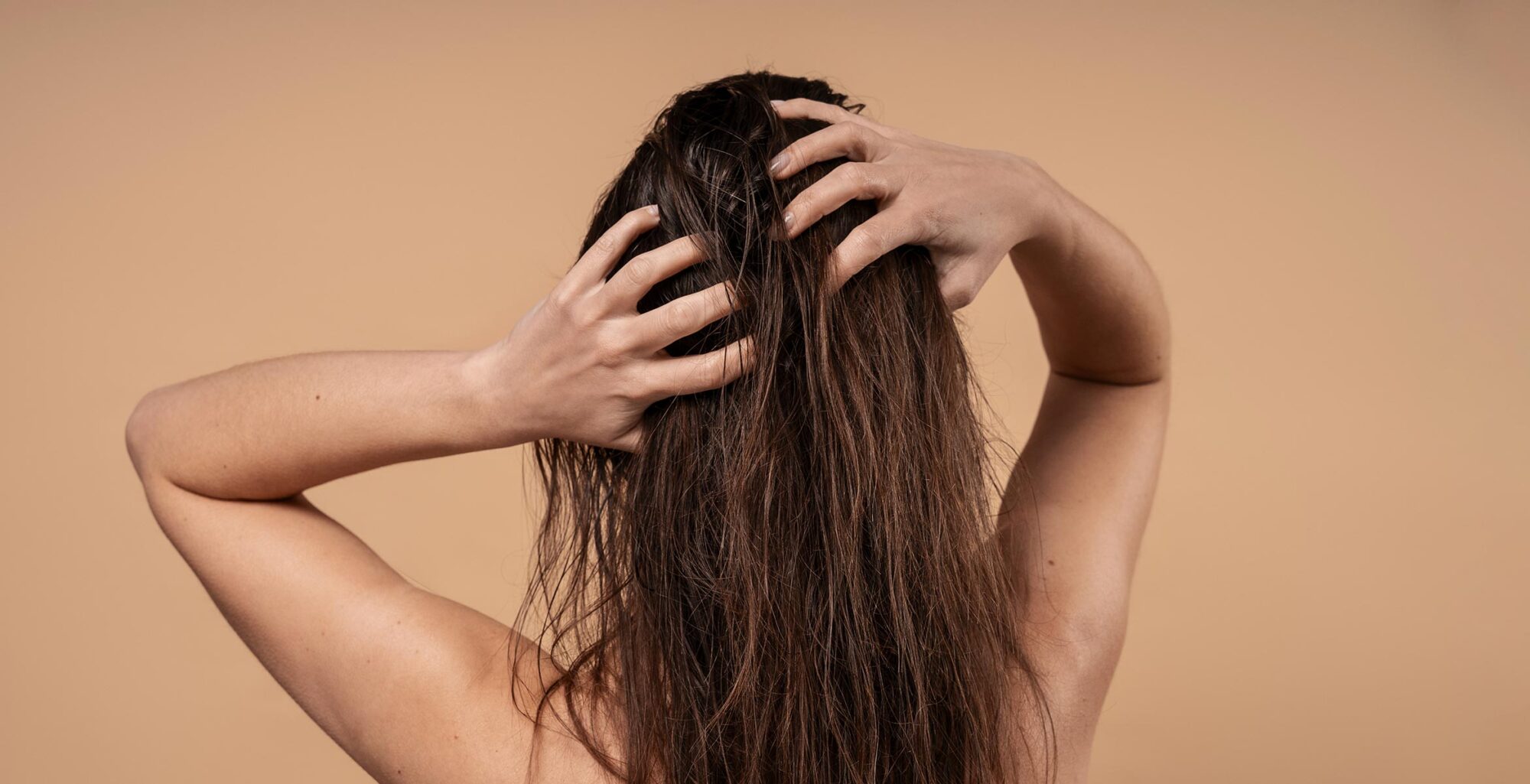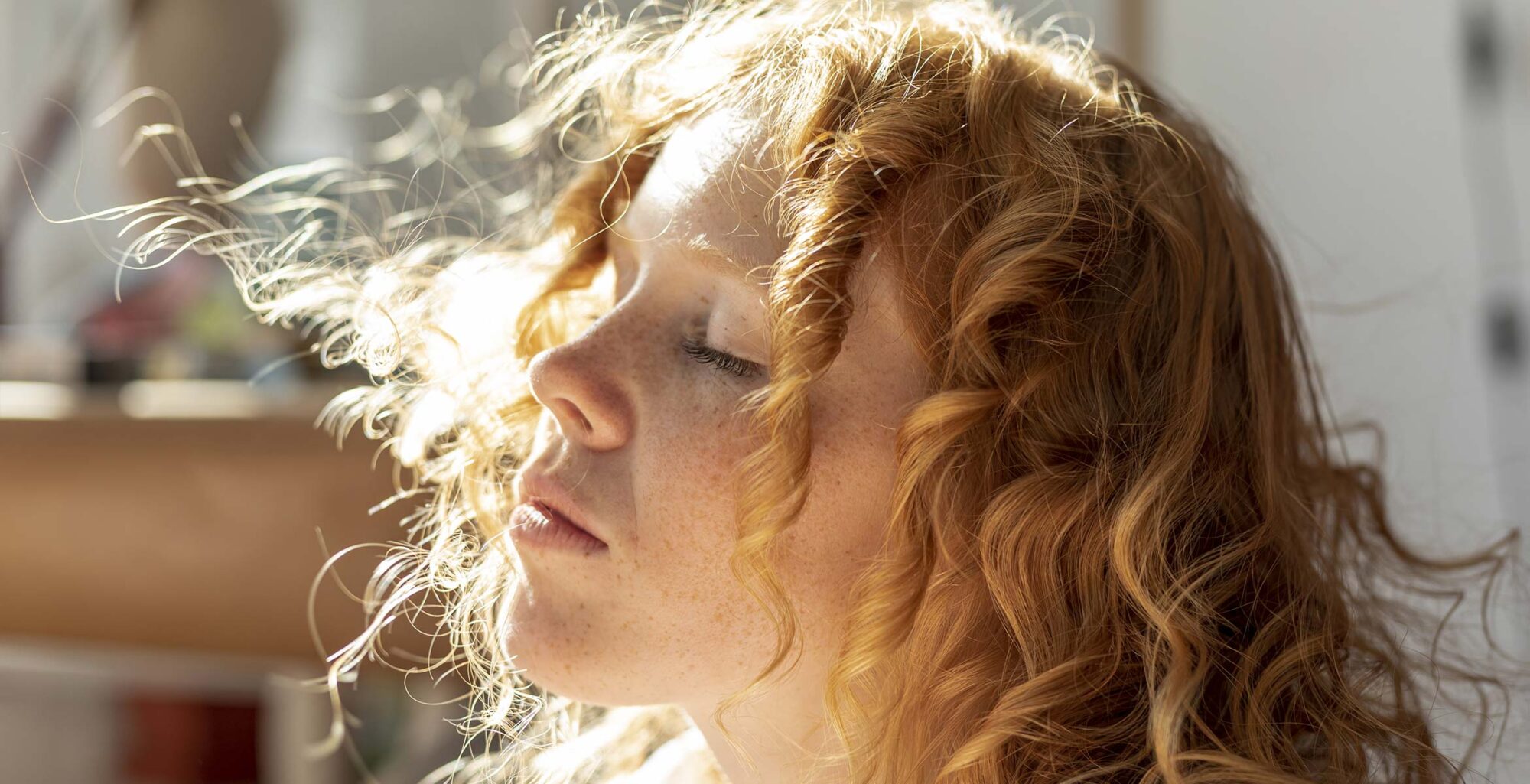The Secret to Healthy Hair? It All Starts with Scalp Care
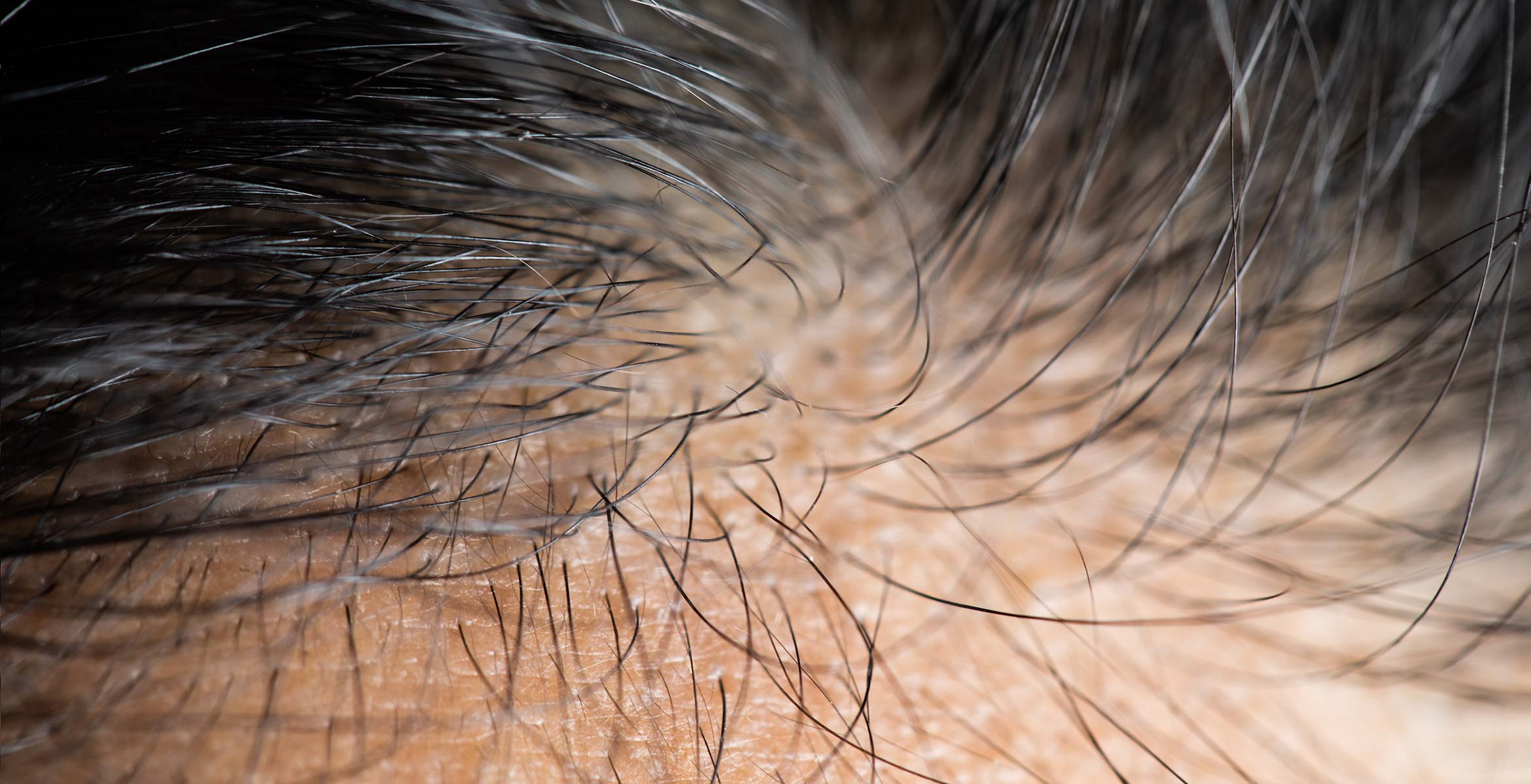
Our hair gets a lot of attention, but what about the scalp, the very foundation from which it grows? Just like healthy soil is essential for vibrant plants, a healthy scalp is crucial for strong, beautiful hair. Scalp care isn’t just about preventing dandruff; it’s about creating an environment that promotes optimal hair growth and overall hair health.
What Does a Healthy Scalp Look and Feel Like?
A healthy scalp is typically pink or scalp-toned, free of flakes and redness. It should feel smooth and supple, not tight or itchy. When you brush your hair, there should be minimal discomfort and no excessive shedding. A healthy scalp also provides the perfect substratum for hair follicles to thrive (read healthy scalp microbiome), resulting in strong, healthy-looking hair.
The Scalp Microbiome: Your Hair's Hidden Ecosystem
Similar to your gut, your scalp has its own microbiome, a community of trillions of microorganisms including bacteria and fungi. This delicate ecosystem plays a vital role in scalp health. The good bacteria in your scalp microbiome helps keep bad bacteria and fungus in check, preventing irritation and infections. Maintaining a healthy scalp microbiome is crucial for overall scalp health and promoting optimal hair growth.
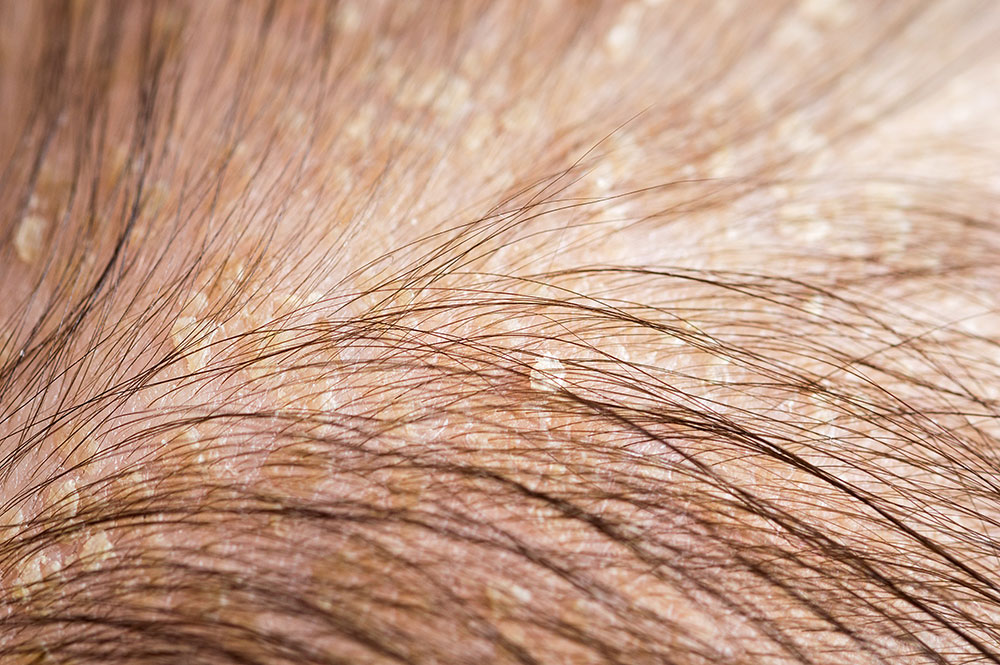
5 Signs Your Scalp Needs TLC
Several signs indicate your scalp might be unhappy and in need of some TLC. Here are five common ones:
- Itchiness and Dryness: An itchy, dry scalp is uncomfortable and can indicate various issues, including dehydration, skin conditions like eczema, or product build-up.
- Flaky Scalp and Dandruff: Dandruff, characterised by white or yellowish flakes, is a common scalp concern. It can be caused by an overproduction of scalp oil, sensitivity to hair products, or seborrheic dermatitis.
- Redness and Sensitivity: Redness and sensitivity can be caused by allergies to hair products, sunburn, or even harsh brushing.
- Extreme or Rapid Hair Loss: While some hair loss is normal, excessive shedding or sudden bald patches can indicate an underlying scalp issue or medical condition. If you’re experiencing rapid hair loss, consult your trusted healthcare professional.
- Greasy Hair: While some people naturally have oilier scalps, excessively greasy hair can be a sign of product build-up, hormonal changes, or even stress.
What Can Damage Your Scalp?
Several factors can contribute to scalp damage and an unhealthy scalp microbiome, hindering healthy hair growth. Here are some common culprits:
1. Skin Conditions: Conditions like dandruff, seborrheic dermatitis, psoriasis, and eczema can irritate and inflame the scalp, leading to discomfort and hair loss.
2. Infections: Fungal infections like ringworm, bacterial infections like folliculitis, and parasitic infections like head lice can all damage the scalp and hair follicles.
3. Chemical Treatments: Harsh chemicals in hair dyes, perms, relaxers, and some styling products can irritate the scalp, causing dryness, breakage, and even chemical burns.
4. Heat Styling: Excessive use of hot tools like blow dryers, straighteners, and curling irons can damage the scalp by drying it out and making it more susceptible to irritation.
5. Tight Hairstyles: Tight hairstyles like ponytails, braids, and cornrows can put excessive tension on the scalp, leading to a type of hair loss called traction alopecia.
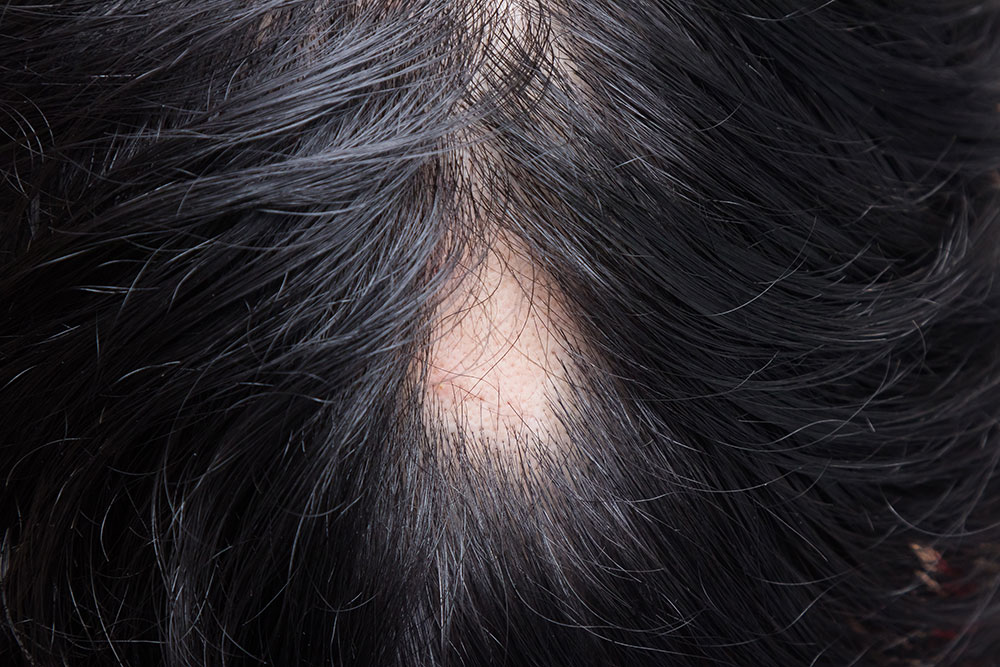
6. Medical Conditions: Certain medical conditions, such as thyroid disorders, iron deficiency, and lupus, can manifest as hair loss and scalp problems.
7. Medications: Some medications, particularly chemotherapy and radiation therapy, can cause hair loss as a side effect.
8. Sun Exposure: Just like the skin, the scalp can be damaged by UV rays from the sun. This can lead to dryness, inflammation, and even increase the risk of skin cancer.
9. Poor Diet: A diet lacking essential nutrients like protein, vitamins, and minerals can impact hair health and contribute to a dry, itchy scalp.
10. Stress: Chronic stress can disrupt the hair growth cycle and lead to temporary or even permanent hair loss.
How to Repair a Damaged Scalp
A damaged scalp is a condition that can often be repaired with a focus on gentle scalp care and addressing the underlying cause of the problem. Here are some tips to get you started:
- Use Gentle Hair Care Products: Look for shampoos and conditioners formulated for sensitive scalps. These products are typically free of harsh surfactants, silicones, and alcohol, which can strip or interfere with the scalp and its natural oils and further irritate it. Opt for fragrance-free or lightly fragranced options to minimise the risk of allergic reactions.
- Wash Your Hair Less Often: Frequent shampooing can strip away natural oils, leaving the scalp dry and irritated. Opt for a gentle shampoo that balances your scalp’s microbiome and aim to wash your hair 2-3 times a week, depending on your hair type and activity level. Some formulas keep your hair cleaner for longer, allowing you to space out washes.
- Improve Your Diet: Eating a balanced diet rich in protein, vitamins, minerals, and antioxidants can nourish your scalp and promote healthy hair growth.
- Scalp Massage: Regular scalp massages can improve circulation, bringing essential nutrients to the scalp and hair follicles. Use your fingertips to gently massage your scalp in circular motions for a few minutes daily. You can also use a scalp massager tool for added stimulation.
- Manage Stress: Chronic stress can wreak havoc on your overall health, including your hair. Practice stress-management techniques like yoga, meditation, or deep breathing exercises to help lower your stress levels.
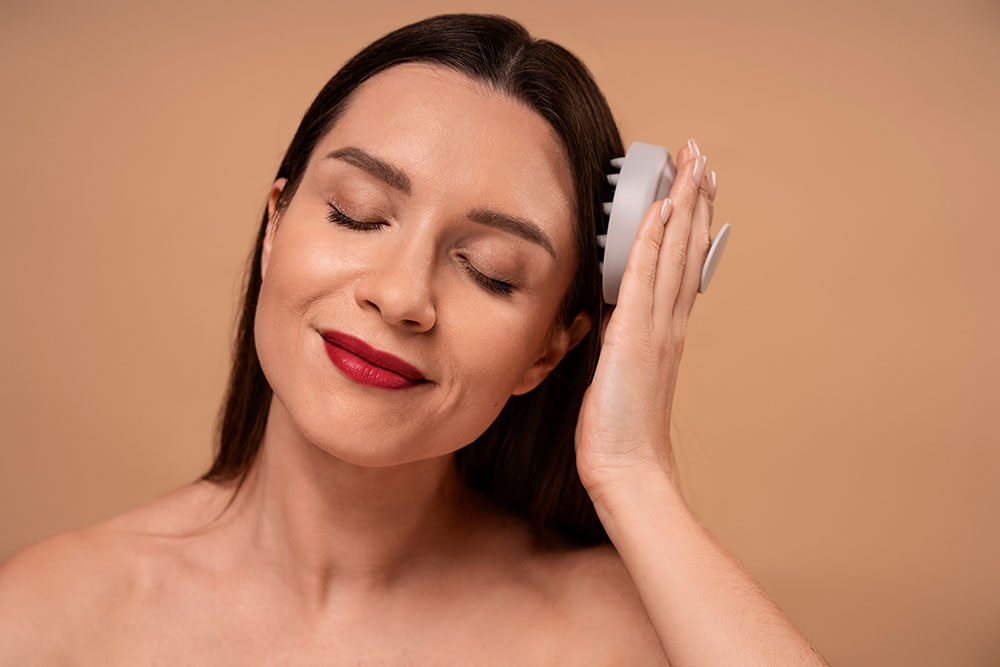
Ingredients to Avoid in Your Scalp Care Routine:
While certain hair care products can benefit scalp care, others can exacerbate scalp problems. Here’s what to avoid:
- Harsh Surfactants: Sulfates, often listed as sodium laureth sulfate (SLS) or sodium lauryl sulfate (SLES), can be very effective at cleaning hair, but they can also strip away natural oils and irritate the scalp. Look for natural formulas with plant-based surfactants which are gentler on your hair and scalp.
- Silicones: Silicones can coat the hair shaft, making it feel smooth and conditioned. However, they can also cause build-up, making hair feel heavy, flat and needing a wash.
- Drying Alcohols: Alcohols, such as SD alcohol or ethanol, can be very drying to the scalp. Opt for alcohol-free products. All types of alcohol are drying, even the naturally derived ones.
Must-Have Ingredients for Scalp Repair:
Several natural and science-backed ingredients can be beneficial for repairing scalp damage and promoting a healthy scalp environment:
- Inulin: A prebiotic fibre, inulin helps nourish the scalp microbiome, the good bacteria that live on the scalp and contribute to its health.
- Achillea Millefolium Extract: Commonly known as yarrow extract, it balances scalp health, reducing oiliness and irritation while promoting overall hair vitality and natural shine.
- Quinine: A traditional hair loss remedy, quinine stimulates hair growth and improves scalp circulation.
- Amino acids: The building blocks of protein, certain amino acids like glycine and arginine can help strengthen hair structure and promote scalp health.
- Allantoin: This soothing ingredient promotes cell proliferation and renewal, aiding the scalp’s natural healing process.
- Panthenol: A provitamin B5 derivative, panthenol helps hydrate the scalp and hair, reducing dryness and irritation. It can also improve the hair’s elasticity and shine.
- Leontopodium Alpinum Flower/Leaf Extract: A powerful antioxidant, Edelweiss extract helps protect the scalp from free radical damage.
The Scalp Cure: A Targeted Solution for a Healthy Scalp
Achieving a healthy scalp requires a multi-pronged approach. While this guide provides valuable tips for scalp care, for those seeking a targeted solution, we recommend The Scalp Cure. This innovative product is formulated with a blend of carefully chosen ingredients designed to address various scalp concerns.
The Scalp Cure contains prebiotics like Inulin to nourish the scalp microbiome, along with soothing and anti-inflammatory ingredients to calm irritation. It also boasts all the ingredients above to further promote a healthy scalp environment.
By incorporating our restorative scalp mist into your scalp care routine along with the general practices mentioned earlier, you can take control of your scalp health and achieve your hair goals. If you have any concerns about persistent scalp problems or hair loss, consult our team for personalised advice and treatment options.

